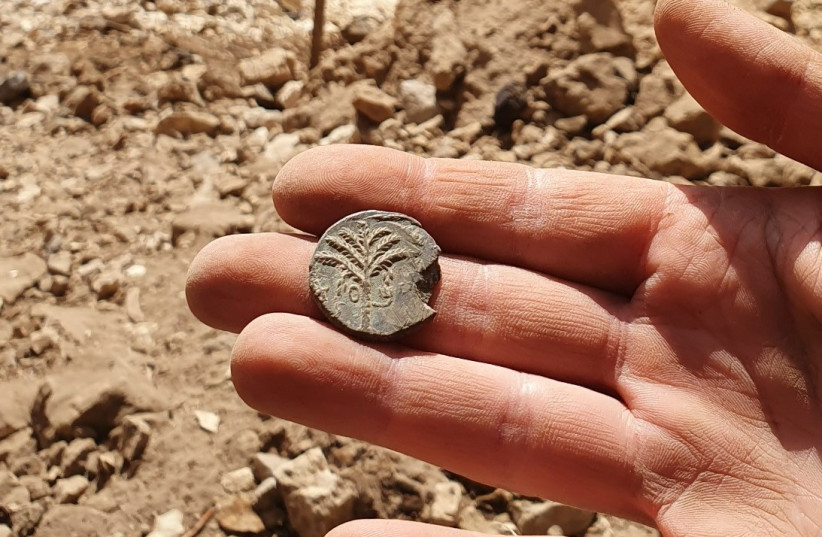The Israel Antiquities Authority (IAA) in May began a large-scale operation to encourage the public to return illegally acquired artifacts, to restore them to their original site where possible, gain historical knowledge and raise awareness around the issue.
To that effect, the IAA began an online campaign and opened a center to deal with ensuing inquiries, which can be reached via their website, the site of the Heritage Ministry, email, phone, WhatsApp, Facebook and more.
The center will be staffed by qualified archaeologists who can diagnose from a distance, after some questions, whether the finds in the citizen's possession are indeed antiquities, and attempt to determine their story and origin.
The citizens can also return items they know or suspect to be illegal artifacts at one of four collection points throughout the country. If necessary, if the items in question are very heavy or large for example, the IAA will even send representatives to collect the items from homes.
Some illegally acquired antiques are inherited
"Many people inherited and keep at home items that their parents collected because in the past, the law did not prohibit this," explains Eli Escozido, director of the IAA.

"Other people find antiquities at tourist sites, and don't know that it is necessary to report the historical treasures, which belong to the general public. The campaign asks for the citizens' cooperation in returning the antiquities to their natural and legal place of our heritage assets. With us... the sensitive items will be documented and preserved against the ravages of time. Some of them will go to the displays, and maybe even add information about the country's past. We are very curious to find out what will come our way," Escozido added.
Willingness to return antiquities increases with age, according to a survey published by the IAA. Over the age of 35, 76% of those surveyed expressed a willingness to hand over the antique, while over the age of 55, the number rises to 82% and over the age of 65, it rises to 91%.
Any item or structure made by a person before 1700 CE is defined as an antique. 15% of respondents testified that they own antiquities, according to a survey conducted by the Geoctography Institute for the Heritage Ministry and the IAA. The most commonly held items are coins, followed by metal tools and books. Secular people prefer to hold coins (43%), while religious people hold more books (33%).
"The antiquities return operation led by the Ministry of Heritage and the Antiquities Authority is important and significant," Heritage Minister Amichai Eliyahu said. "The antiquities that will be returned will help in assembling the historical story of the Land of Israel. I call on the general public who keep any antiquities in their homes to return them to the IAA, which holds them under sealed preservation conditions. Some of the antiquities will be presented to the public in various exhibitions in museums."
